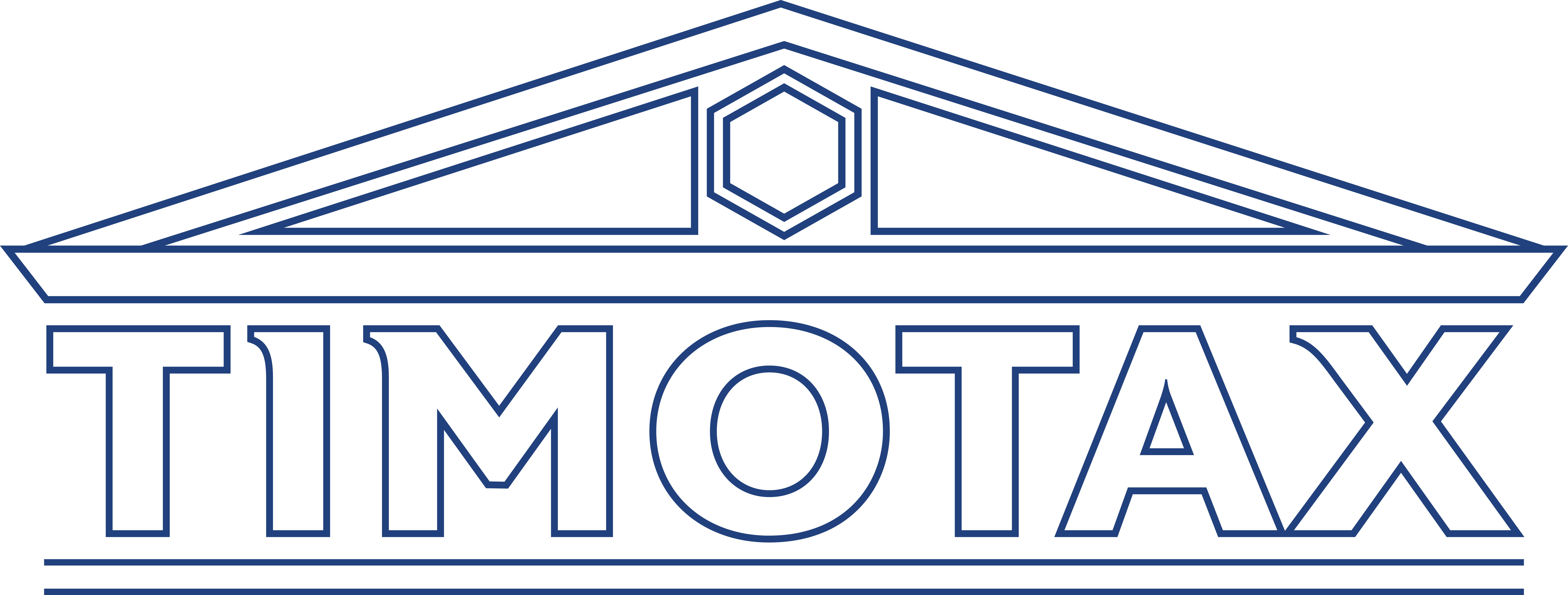Are you self-employed? Learn how to maximize your tax return with these helpful tips for self-employed individuals.
Understanding Self-Employment Taxes
Understanding self-employment taxes is crucial for maximizing your tax return as a self-employed individual. Unlike traditional employees, self-employed individuals are responsible for paying both the employer and employee portions of Social Security and Medicare taxes. This means that you need to set aside a portion of your income to cover these taxes. Additionally, self-employed individuals may be subject to additional taxes, such as the self-employment tax. By understanding how self-employment taxes work, you can accurately calculate your tax liability and take advantage of any available deductions or credits.
Another important aspect of understanding self-employment taxes is knowing what qualifies as self-employment income. This includes income from freelancing, consulting, and running your own business. It's essential to keep detailed records of your income and expenses to ensure accurate reporting on your tax return.
Tracking and Documenting Business Expenses
Tracking and documenting your business expenses is vital for maximizing your tax return as a self-employed individual. By keeping thorough records of your business expenses, you can claim deductions and reduce your taxable income. Common deductible expenses for self-employed individuals include office supplies, equipment, travel expenses, advertising costs, and professional fees. It's important to separate your personal and business expenses to ensure accurate reporting.
To effectively track and document your business expenses, consider using accounting software or apps specifically designed for self-employed individuals. These tools can help you categorize expenses, capture receipts, and generate reports for tax purposes. Additionally, maintaining organized records will make the tax filing process smoother and minimize the risk of errors or audits.
Taking Advantage of Deductible Expenses
Maximizing your tax return as a self-employed individual involves taking advantage of deductible expenses. Deductible expenses are those that can be subtracted from your taxable income, reducing the amount of tax you owe. By identifying and claiming all eligible deductions, you can lower your tax liability and increase your tax refund.
Some common deductible expenses for self-employed individuals include home office expenses, health insurance premiums, self-employment taxes, retirement contributions, and business-related travel expenses. It's important to consult with a tax professional or use tax preparation software to ensure you are claiming all eligible deductions and maximizing your tax savings.
Contributing to Retirement Accounts
Contributing to retirement accounts is not only a smart financial move, but it can also help maximize your tax return as a self-employed individual. By making contributions to retirement accounts, such as a Simplified Employee Pension (SEP) IRA or a Solo 401(k), you can reduce your taxable income and potentially qualify for additional tax benefits.
Retirement contributions are typically tax-deductible, meaning they can be subtracted from your taxable income. This reduces your overall tax liability and increases your potential tax refund. Additionally, contributing to retirement accounts allows you to save for the future and build a nest egg for retirement.
It's important to consult with a financial advisor or tax professional to determine the best retirement account options for your specific situation and maximize your tax savings.
Seeking Professional Help with Tax Planning
Seeking professional help with tax planning can greatly benefit self-employed individuals looking to maximize their tax return. Tax laws and regulations can be complex, and it can be challenging to navigate the various deductions, credits, and tax strategies available to self-employed individuals.
By working with an experienced accountant or tax professional, you can ensure that you are taking full advantage of all available tax benefits and optimizing your tax return. A tax professional can help you identify deductions, minimize your tax liability, and provide guidance on tax planning strategies specific to self-employment.
Investing in professional help with tax planning can save you time, reduce stress, and potentially result in a higher tax refund. It's important to choose a qualified and reputable tax professional who specializes in working with self-employed individuals.



